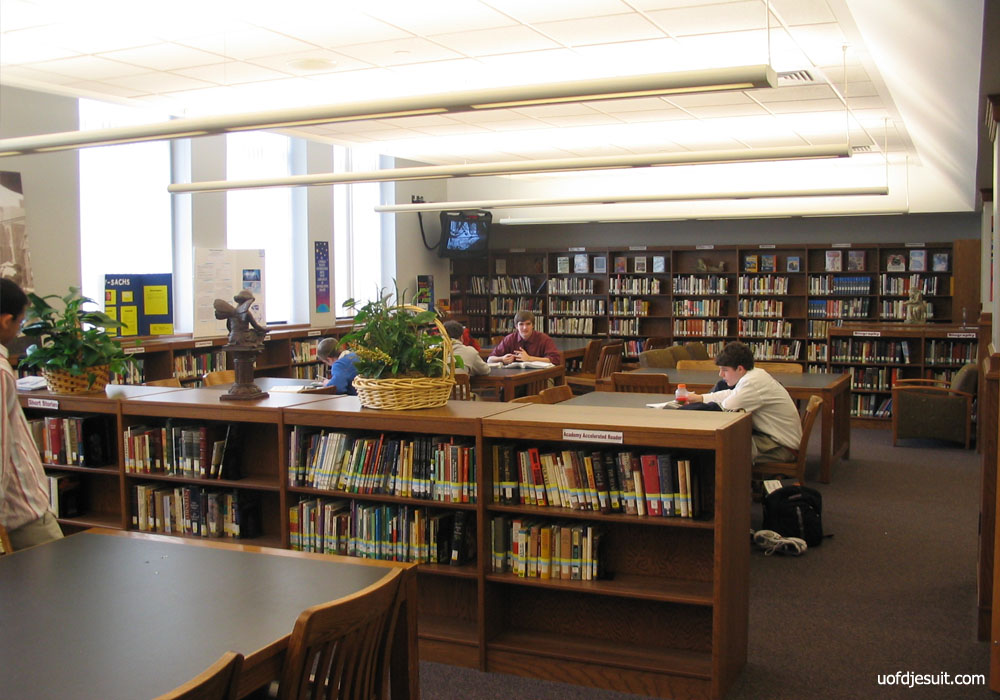Noisy Libraries Embrace Blabbermouth Bias In Modern Education – Extra Evidence
The issue
The following paragraphs list citations of my most up-to-date sources, in addition to my interpretations of every source’s major points:
Educational discussions about silence appear to become erroneous and one-dimensional, treating the absence of talk because of the consequence of disciplinary action only. In modern discussions about multi-cultural education, educators ought to re-think the uncomplicated dichotomy of silence versus speech and challenge the primacy of speech. Technological advancements in modern industrial society are particularly strong lures that result in persons of developed nations to avoid silence and to justify intolerance of silence.
Mass media and computer-mediated communication systems consistently erode and destroy silent spaces at the public level, therefore creating it almost impossible for men and women to learn how you can appreciate silence, either by themselves or within the presence of other individuals. Americans are a nation of “space pluggers” and “gap fillers”, each in education and … Continue reading >>>










